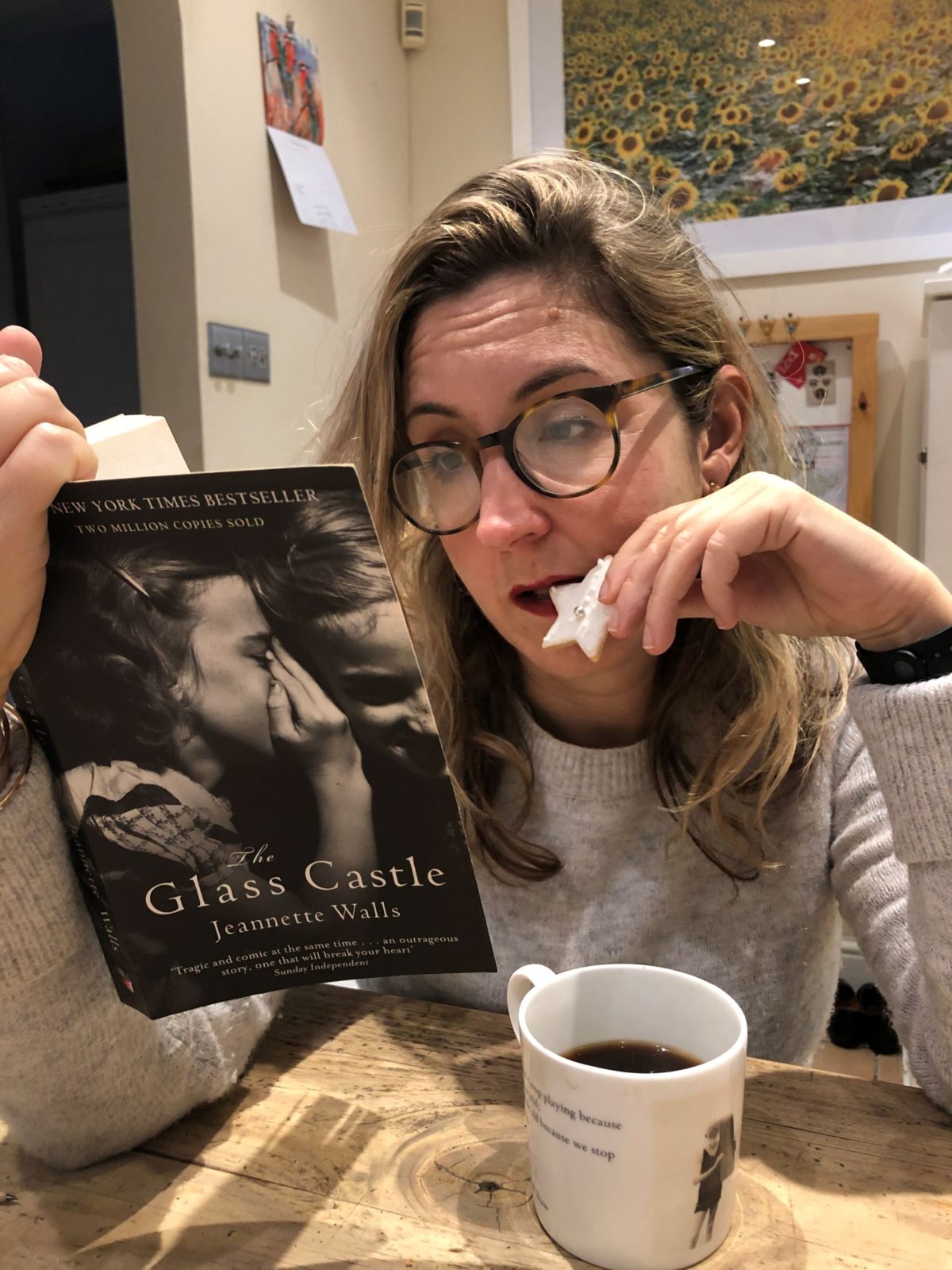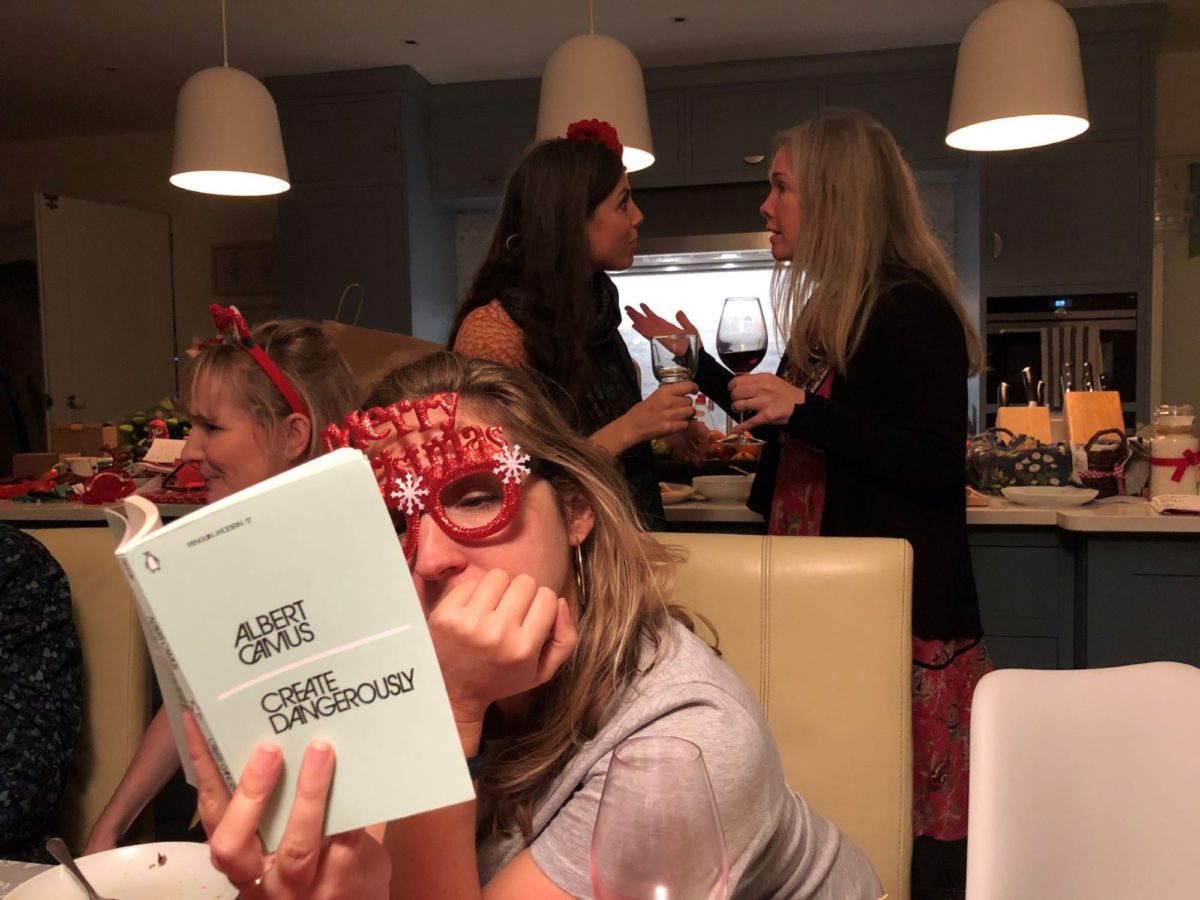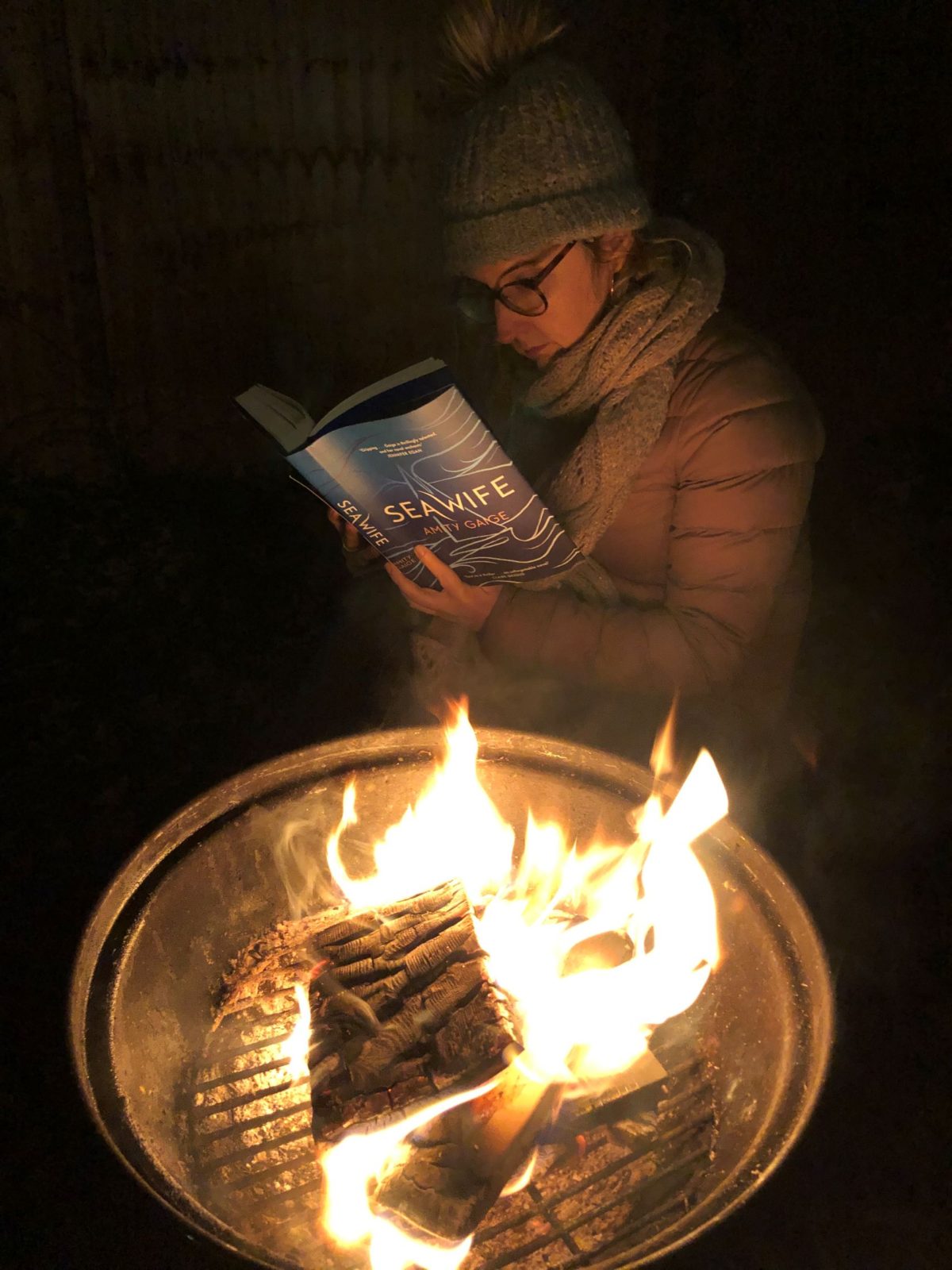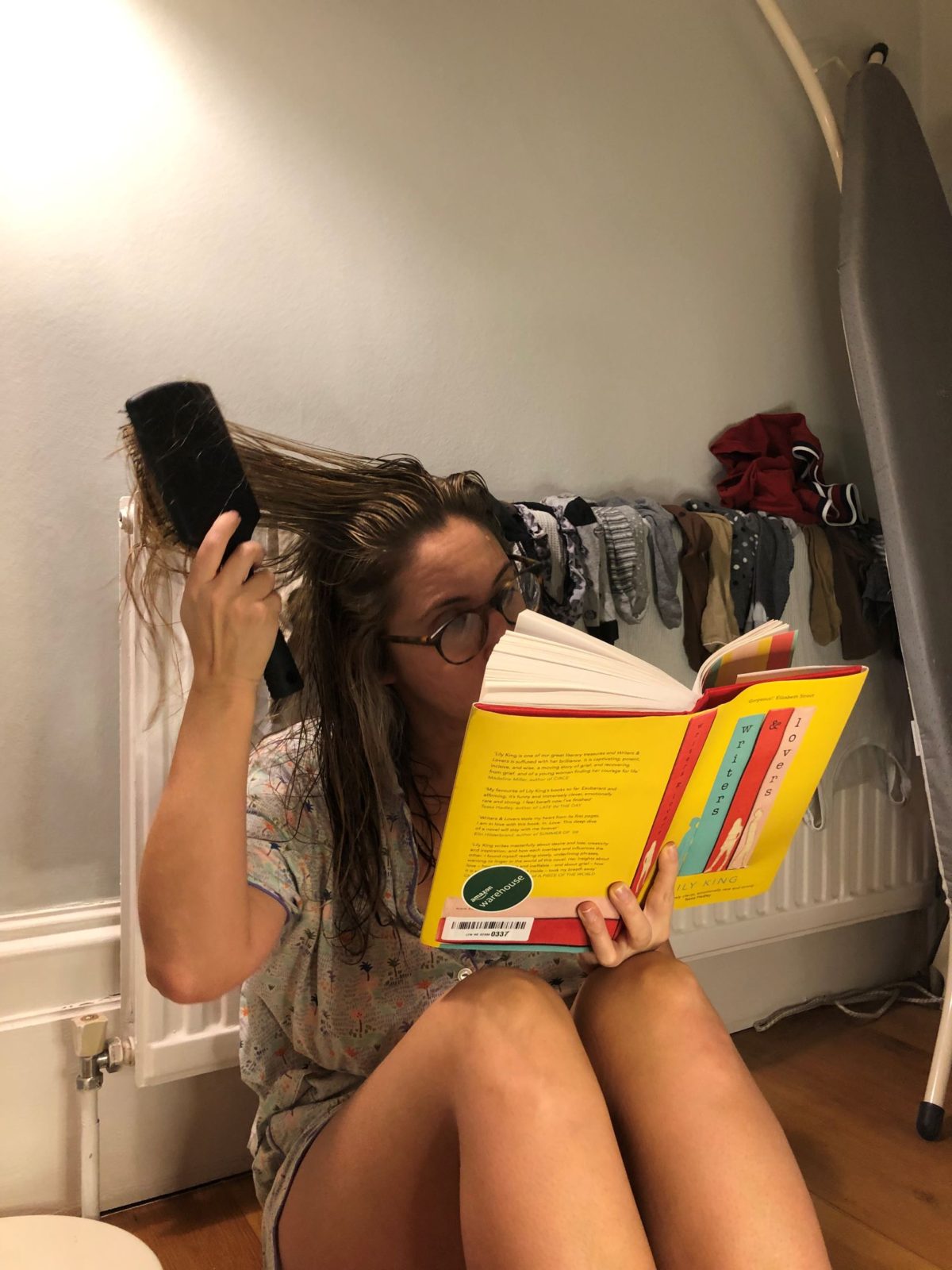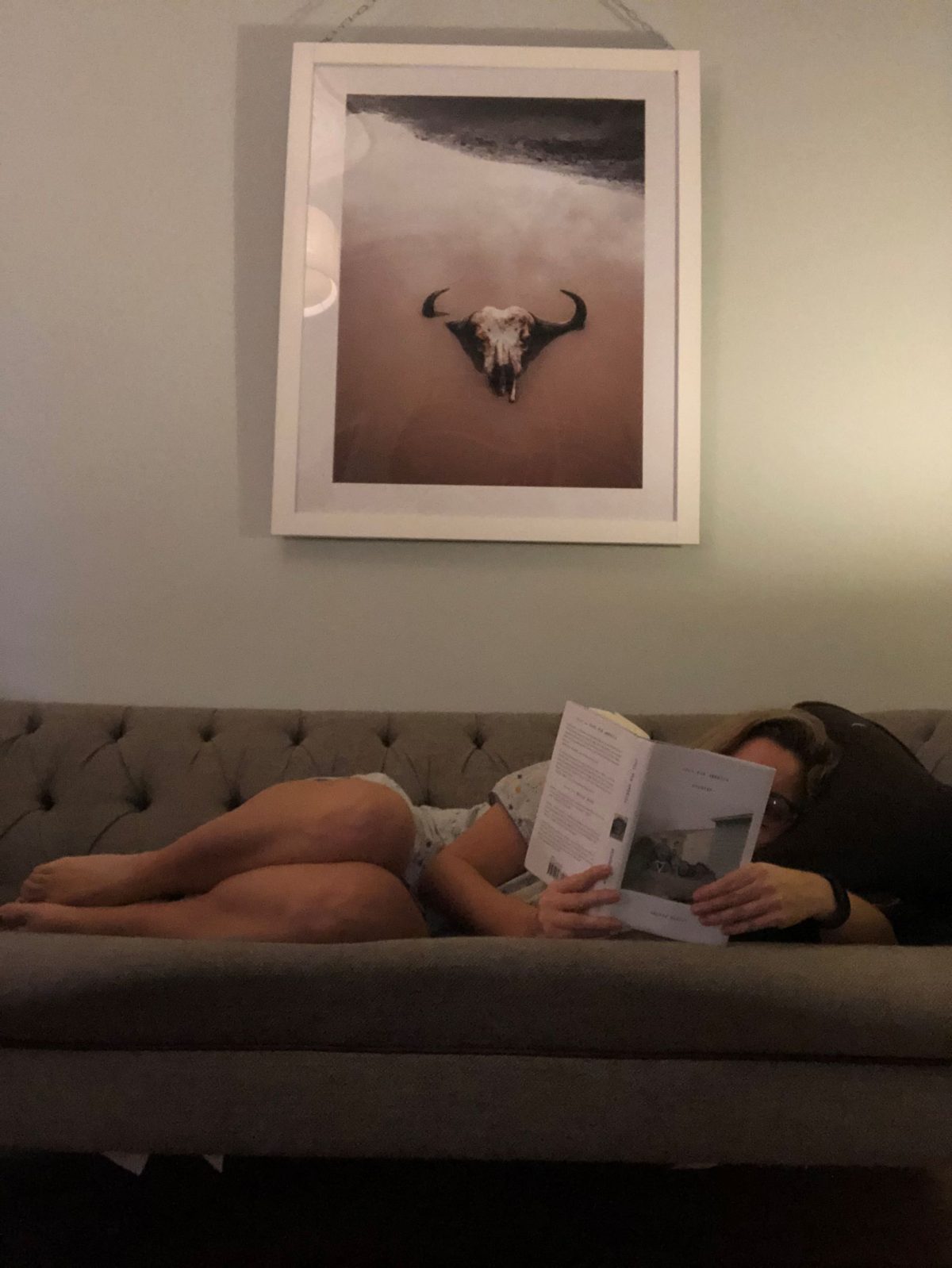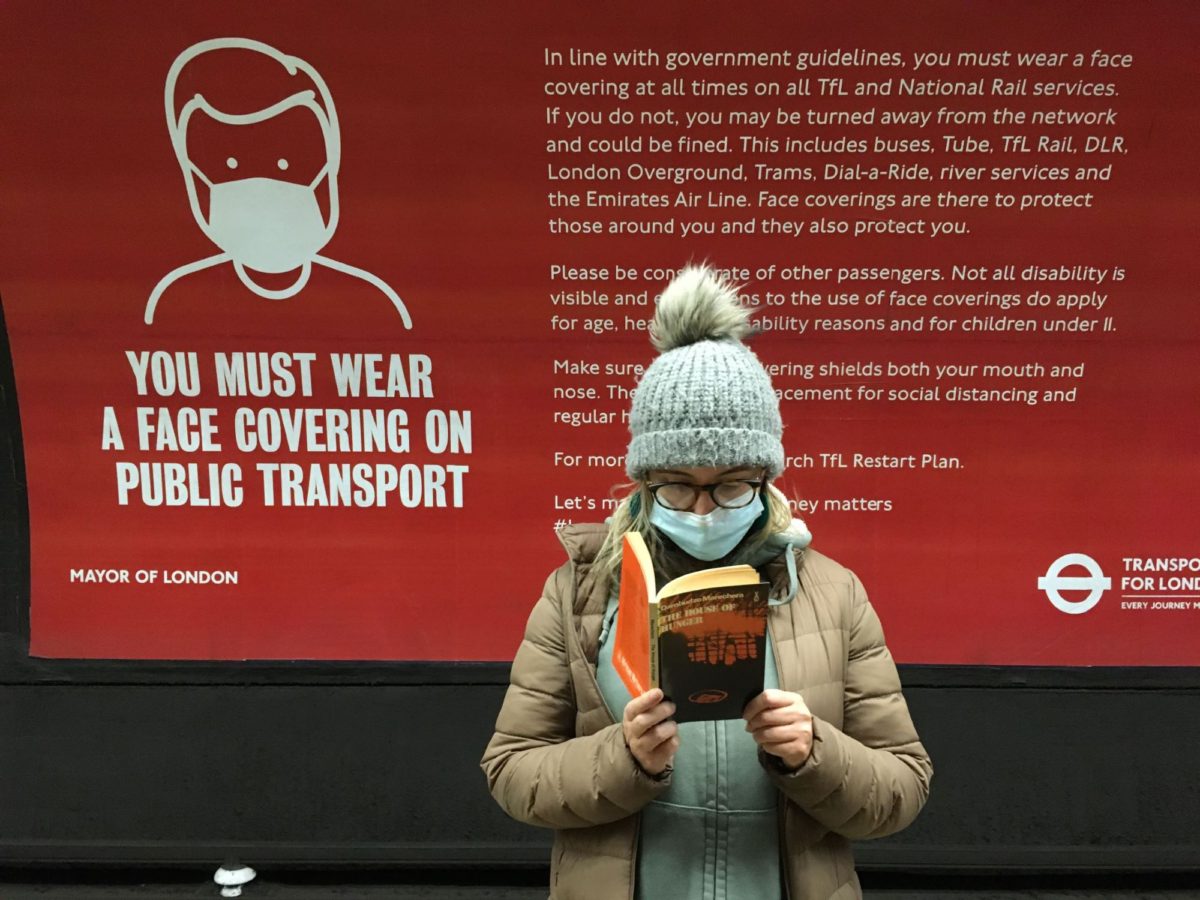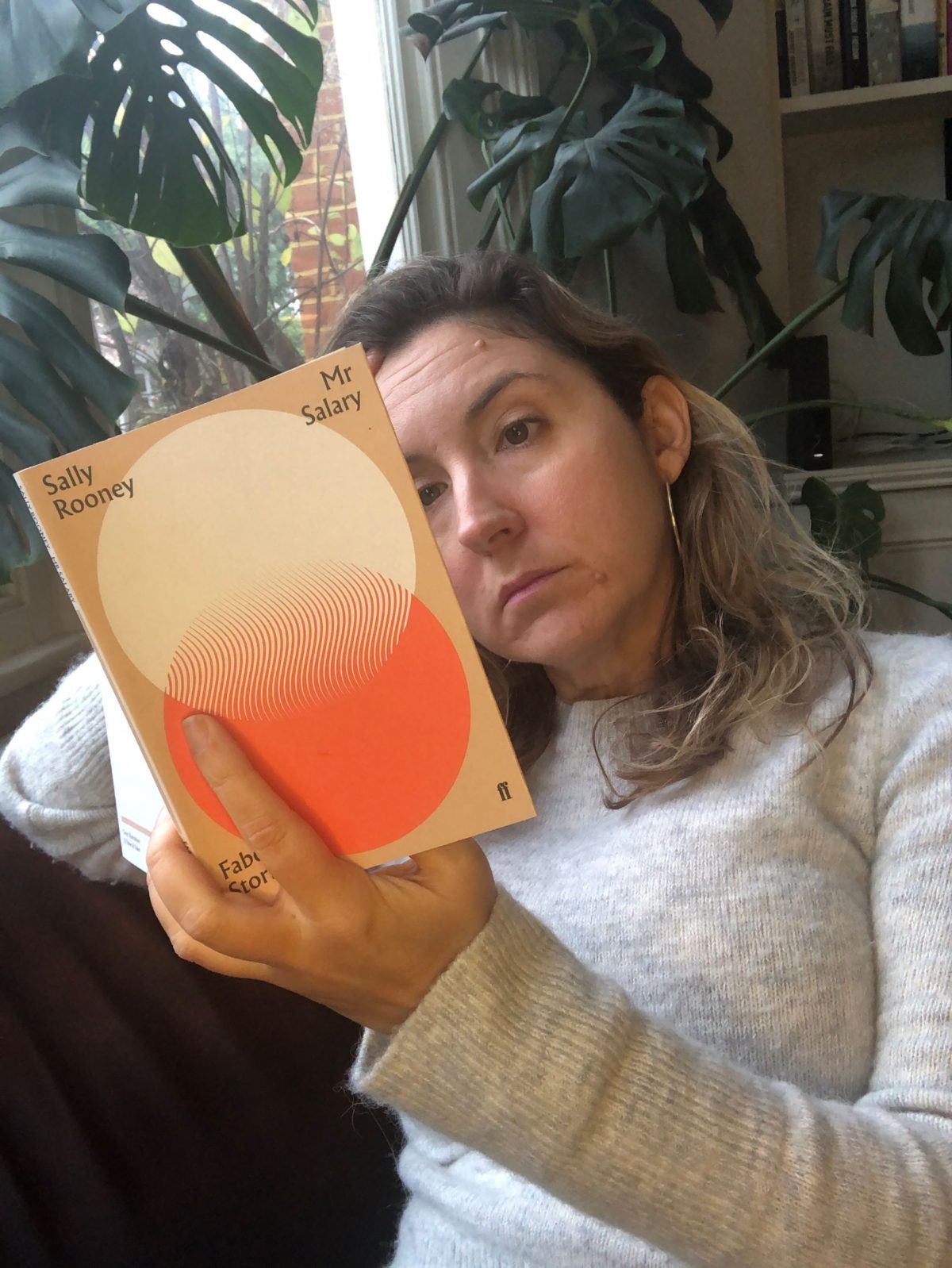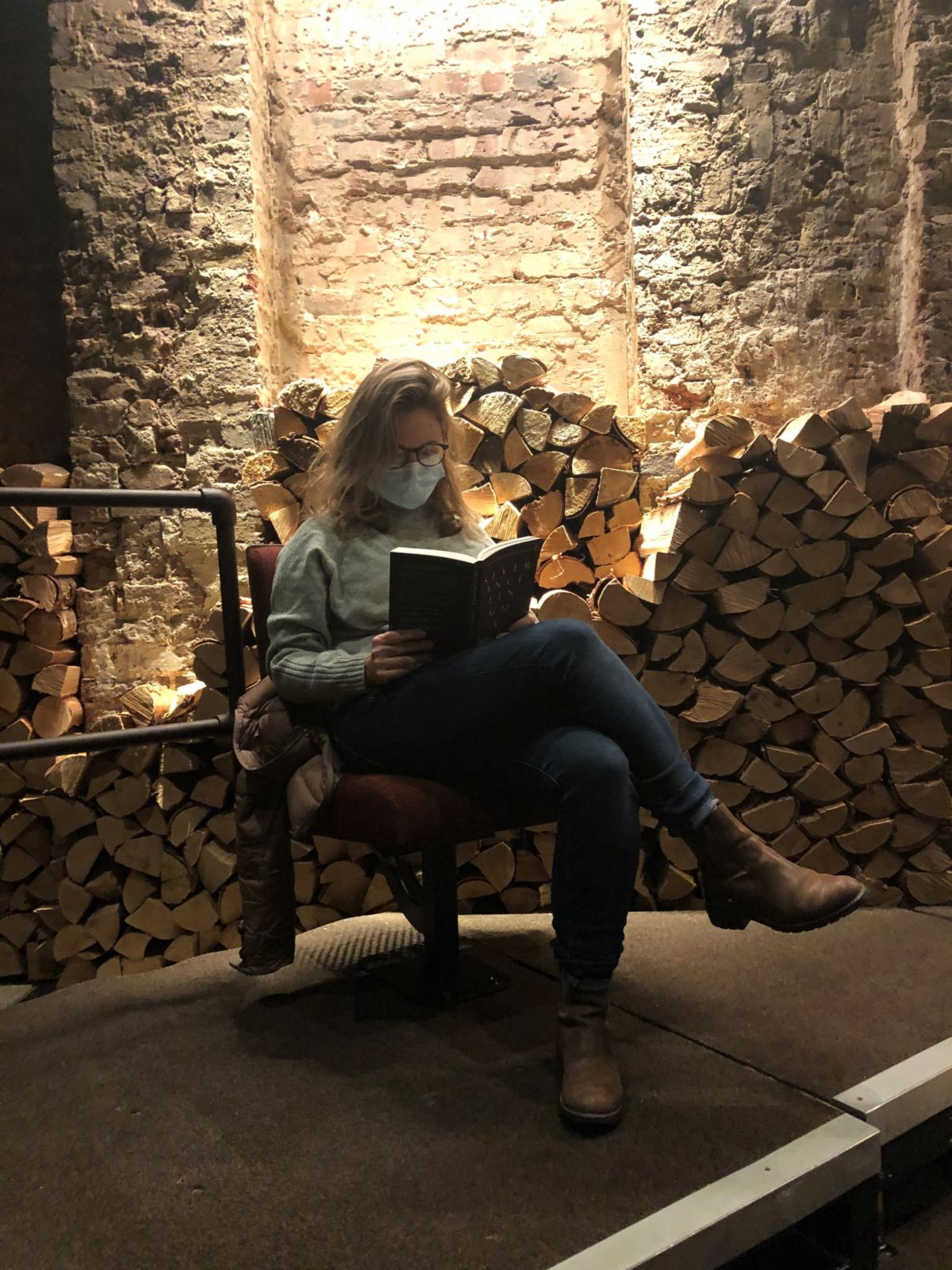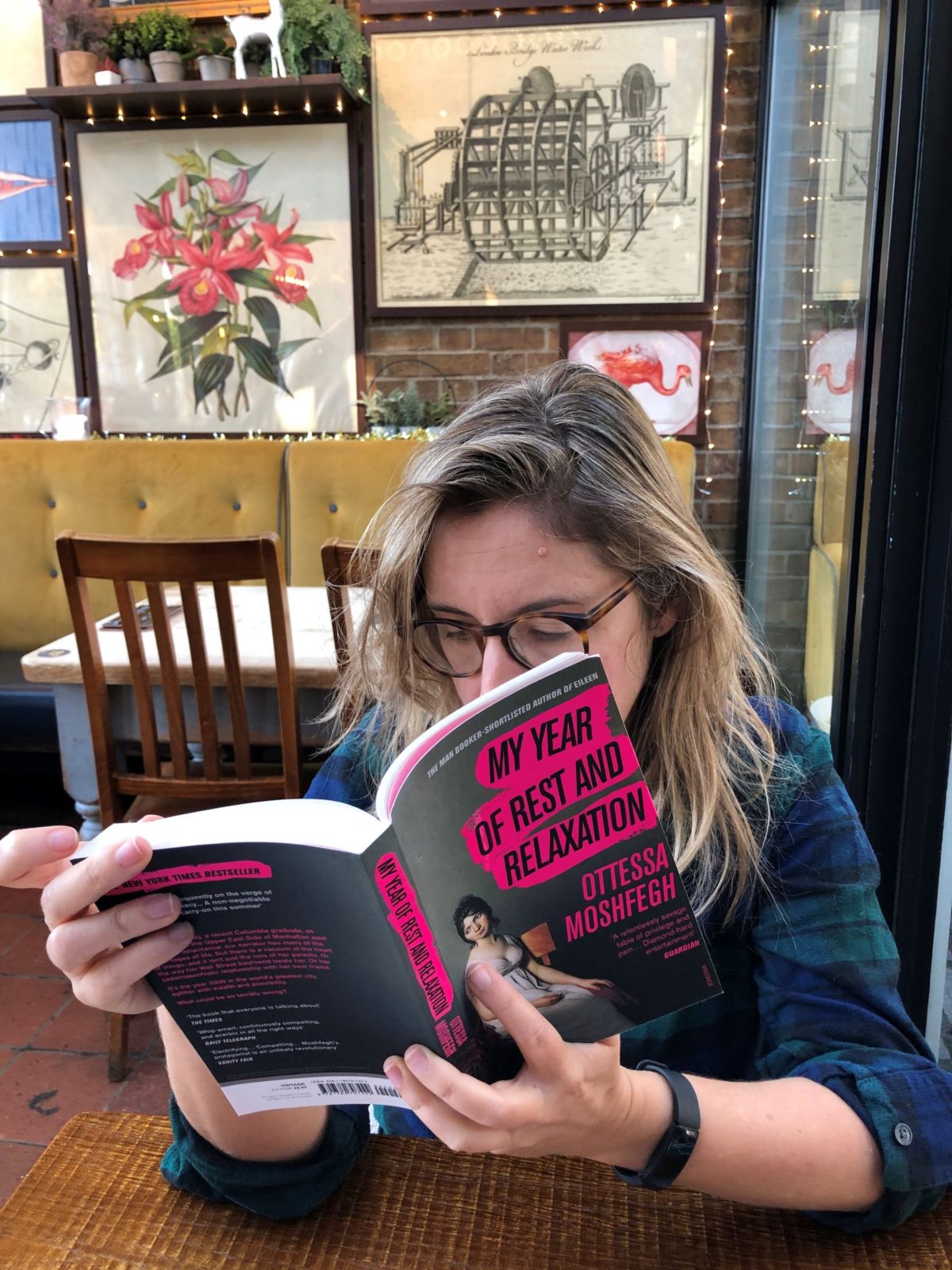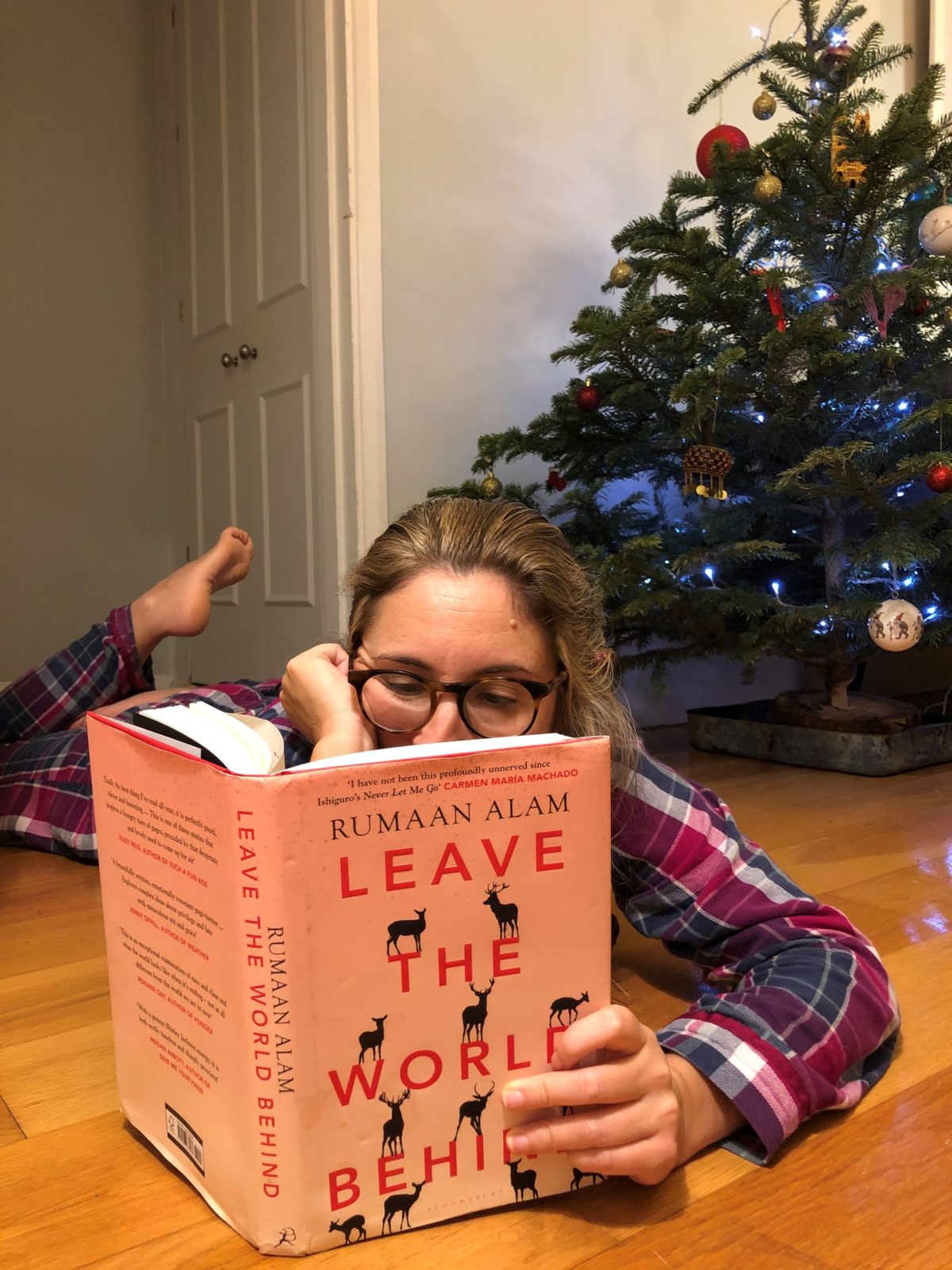In this memoir, a wealthy gossip columnist lives on Park Avenue while her parents live on the streets. Bizarrely, your sympathies are 100% with the gossip columnist.
There are many memoirs of rough childhoods. Usually, this comes from some clear cut cause, as for example addiction, mental illness, etc. Here, it seems to come from an over-abundance of romance and self-indulgence.
The dad kind of has a semi-excuse, being an alcoholic. But first, weren’t most peoples’ dads alcoholics in the 1970s? I’m not really sure that that cuts it. And second, he declines the most basic of help (e.g.,food stamps) even when he is sober. And this is when these small kids have not had anything other than popcorn to eat in three days.
The mum meanwhile is a whole other story. She refuses to work, despite being a trained teacher, for the strong reason that she does not want to. She wants to paint, write novels, and eat chocolate. When they do get her to briefly work, she complains every morning: “I’m a grown woman now. Why can’t I do what I want to do?”
I mean I can’t say I don’t see where she is coming from. Less attractive is when she tells her daughter, who has been groped, that sexual assault is a “crime of perception,” and even less attractive is when she hides a family size Hershey bar from her very hungry children so she can eat it herself.
The parents are well educated, and so early on, while they are still young and maybe classifiable as ‘alternative,’ they do provide the children with lots of excitement and interesting experiences. Over time though, without money, ‘alternative’ becomes ‘gross.’ Their children escape them to go live in New York, where they mostly thrive. The parents follow, and weirdly decide to be homeless, despite the offer of help from their (remarkably forgiving) kids and – strange twist – the revelation that the mother owns very valuable land in Texas, and has done for their entire, impoverished lives.
The book has a highly suspicious amount of detail about the author’s life before the age of ten. I googled it when I was done, fully expecting lots of libel suits, but apparently her family agrees that this is indeed, really bizarrely, how this all went down. I finished the whole thing in a night, something I haven’t done in a while.

